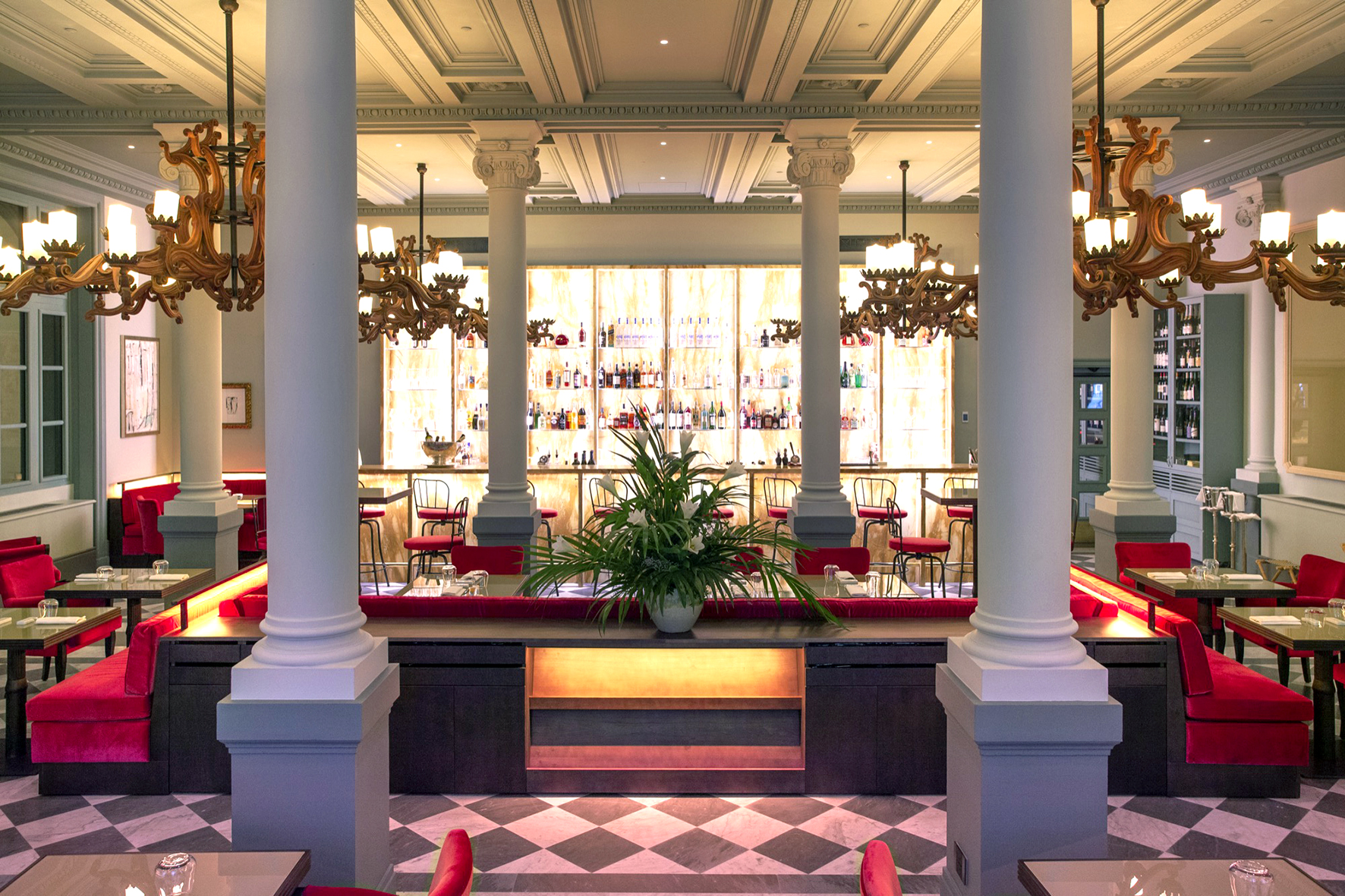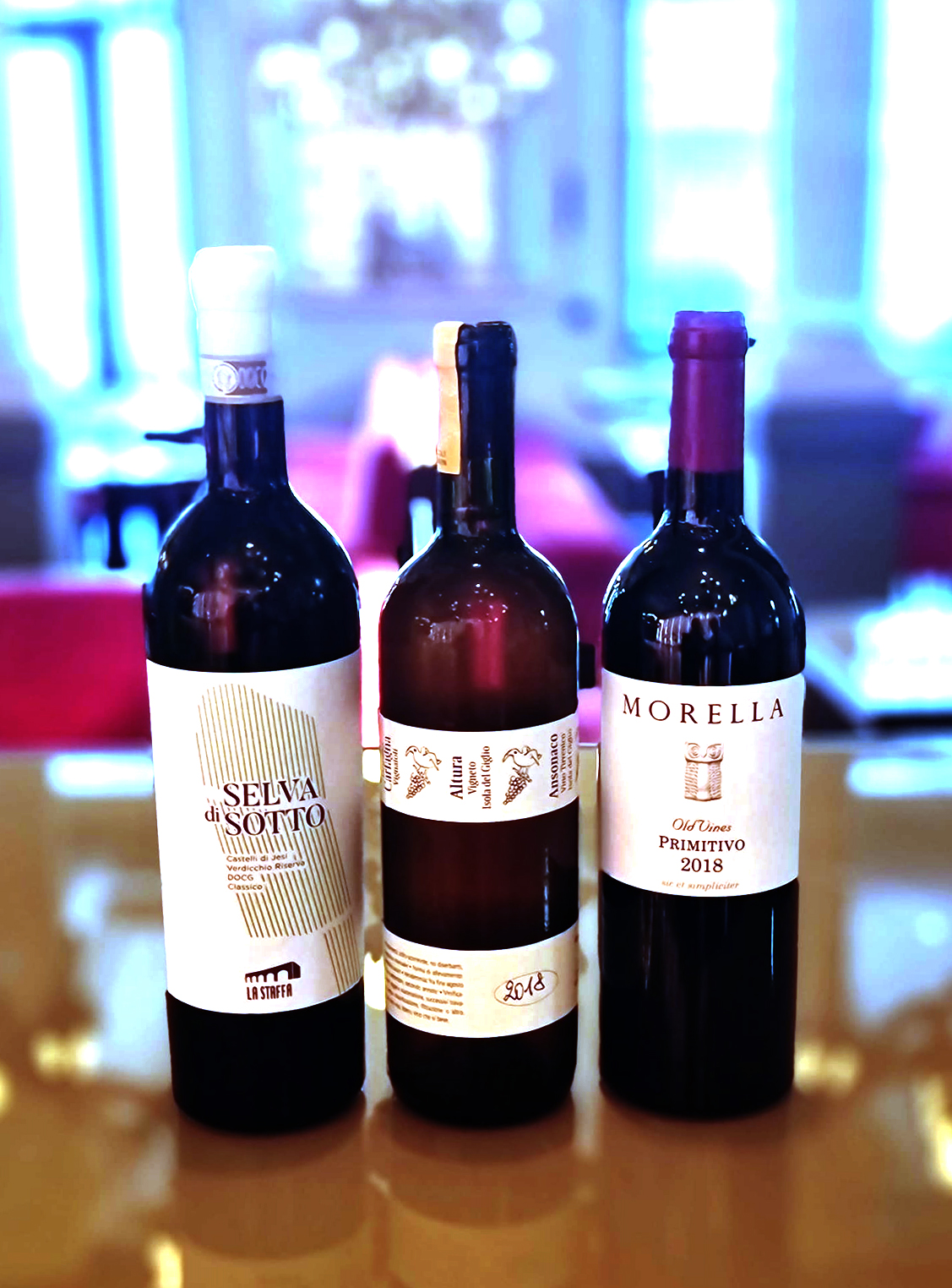TOP ITALIAN SOMMELIER TIPS

By: John Brunton
Passing through Florence recently I caught up with top Italian sommelier, Marco Lami, who shared his thoughts on new wine trends in Italy. We were enjoying a wine pairing dinner at the newly-opened Cibreo Ristorante, a chic New York-style dining room in the palatial Helvetia & Bristol Hotel, where Marco has created a cutting-edge 220 label wine list from across the Italian peninsula. Like much of Europe, the big new trend here right now are so-called Natural wines that in principle have no sulphites added to them.
Marco though explains that, «I don’t like to use the Natural wine term, as there are still no real clear definitions of what this means. So, I prefer to recommend « low intervention” wines, where the use of chemicals is all but nonexistent. Wines that are certified organic is always important, while biodynamic cultivation often brings an added dimension.
For white wines, I believe that the Verdicchio grape is the future for quality white wines in Italy, personified by a 2017 Reserve Verdicchio Castelli di Jesi made by the artisan, La Staffa cantina from organic vineyards in the Marche region.
I am a great fan of skin contact white wines, grapes macerated with their skins that can produce a straw yellowy orange color, and one to track down is biodynamic winemaker Francesco Carfagna‘s Vigneto Altura made on the Tuscan island of in Giglio, with purely Ansonaco autochthonous grapes. The vineyards of this former mathematician drop down into the sea and the maceration brings an almost salty taste to the wine.
Another vineyard by the sea, this time down south in Puglia, is the Morella winery in Manduria. Their 2018 Old Vines Primitivo is made from free-standing bush vines almost a hundred years old, producing an elegant red wine that manages to be both savory and sweet at the same time.
My big discovery came later, driving down into Tuscany, where I tasted a wonderfully elegant 2016 Chianti Classico Gran Selezione made at the Fattoria Viticcio. This idyllic wine resort is owned by young Ukrainian entrepreneur, Alexander Biba who lives in Florence with an extended family that has grown with members fleeing the war in his homeland. In a spirit of hope, he tells me that, “our director of the winery here is Russian, a key member of our team. That is the difference between simple people and nationalist politics.”



